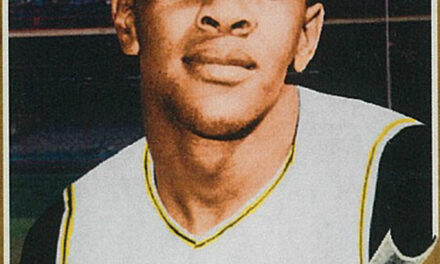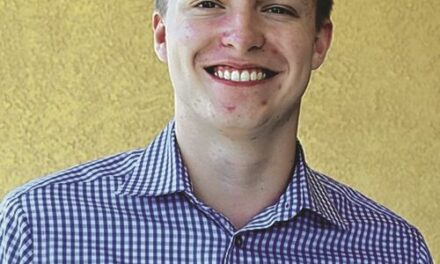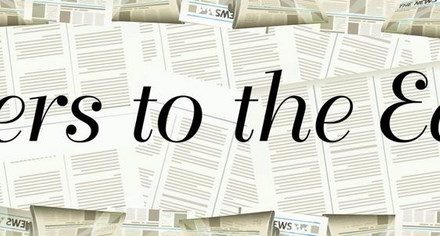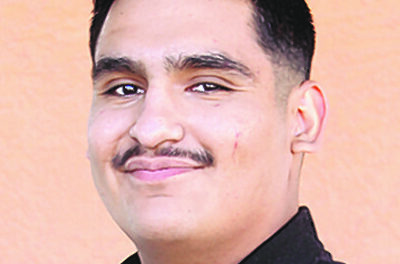I was 5 years old on the morning of July 26, 1990, when George H.W. Bush signed the Americans with Disabilities Act into law. I was completely unaware of anything momentous happening that day that was intended to make my future life better.
The life I knew was already pretty great. I was excited for my upcoming birthday on Aug. 2. My twin, Heather, and I were probably making lists of presents we wanted for our upcoming birthday. I know for certain I was getting excited to start second grade in a few weeks.

Hilary Maez
I loved my K-12 school experience. I excelled in school. I did so well and got high enough marks on the ACT that I was awarded a Presidential Scholarship. I graduated high school on May 18, 2002, and then I matriculated to The University of New Mexico in the in the Fall of 2002 with my mom in tow.
So forsaking all standards of care toward my own physical and emotional needs as well as and those of my over-tired mom, I graduated UNM in 4 1/2 years, maintaining my scholarship throughout, and graduated on Dec. 16, 2006 — summa cum laude.
When people rightly point out how impressive that sounds, my mom says, “Yeah it is impressive, but she about killed us both trying to achieve it.” She is telling you the truth.
My mom had already earned her master’s degree in Special Education before I was even born in 1984. So I come by my over-achieving naturally. But from the first day of Kindergarten, I knew something intrinsically: people were going to underestimate me because I was disabled. I was going to have to fight every damn day of my life to be thought of as a competent, capable person.
This belief has a name: internalized ableism. Ableism means discrimination that favors the non-disabled over the disabled. So then, internalized ableism is turned inward. I knew that because I was disabled, and starting a new school year I had to make a special effort be outgoing and friendly. Remember, I was only a couple of days into kindergarten. I had only gone to preschool at this point. Think about that. I was all of 5 years old and understood all this messaging.
In 2006 I was armed with my two degrees I’d earned — with honors. I thought for sure, no one would ever be able to question my professional competence because I had literal papers with seals of approval verifying to my academic excellence. I believed I could be an asset, a net positive to any workplace.
I just want to clarify; I do not think one’s intelligence is in any way measured by the degrees one earns, but I’m being purposeful to list what I earned and when. Only White, cisgender, straight, non-disabled men in this country get to “fail up” and be presumed competent without proof on paper. Everyone else has to prove they are exceptional and have documentation to verify.
Such is the power of White supremacy and ableism, oppressive systems that are almost impossible to dismantle because they’re like malware running in the background our society. These twin oppressive systems work in concert to affect everything they touch like a virus on your computer because you weren’t careful enough to not click that link one time.
Saturday marked the 30th year since the passage of the Americans with Disabilities Act. We have finally taken huge strides in increasing access to everyday public life in the past five months thanks to COVID-19. So today, I would like to thank COVID-19 for forcing capitalism’s hand and making everything available online for my non-disabled friends and family’s ease of use.
I think it is deeply harmful and insidious how non-disabled people often refer to us and our needs as “special” or “extra” that is definitely not the case.
The terms in use now are disabled and non-disabled. I’m a big proponent of: you don’t know what you don’t know. Until one day you do know new information and you can share it. That is how paradigm shifts happen.
















